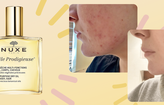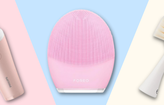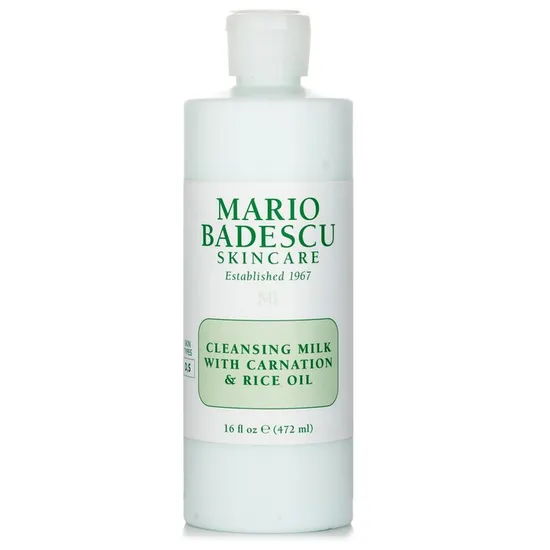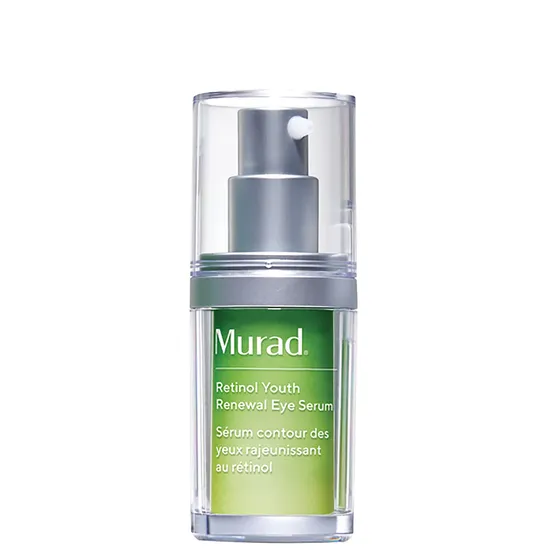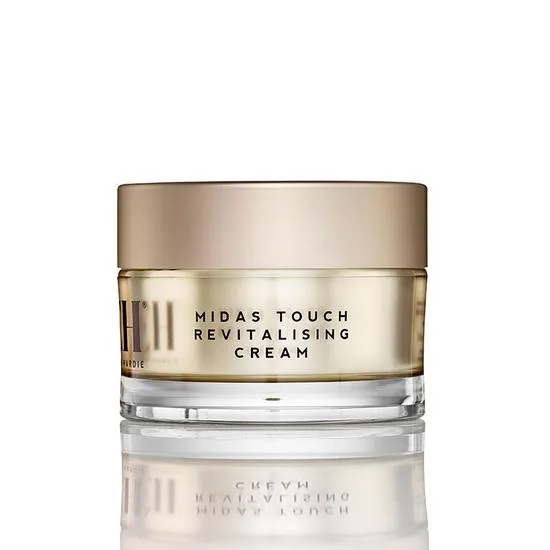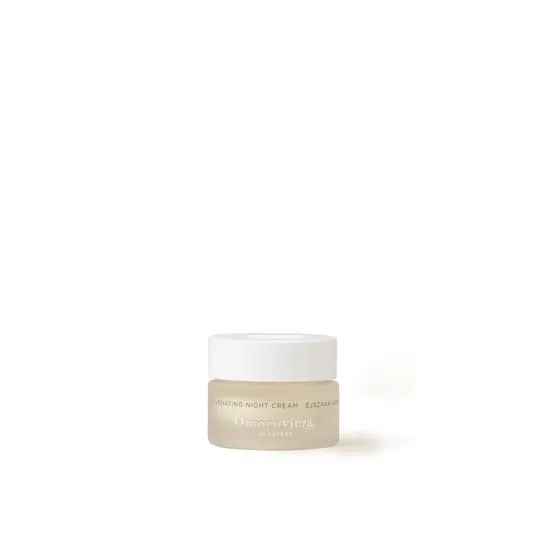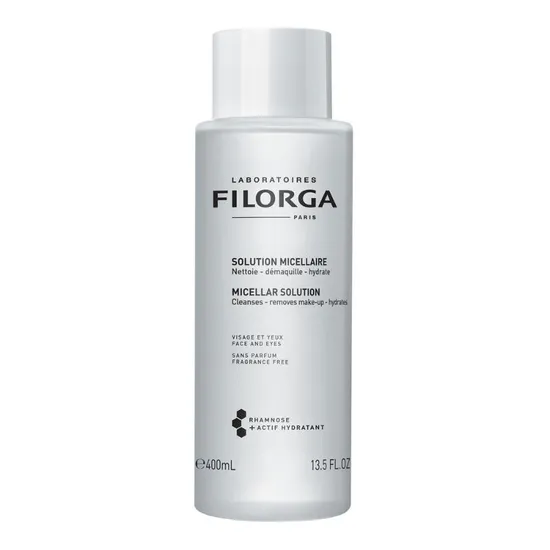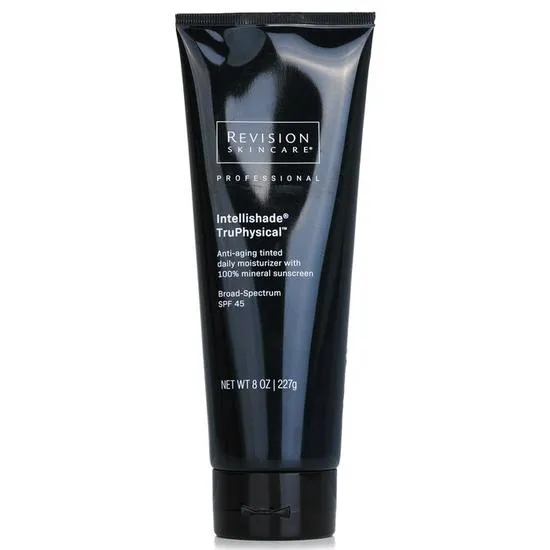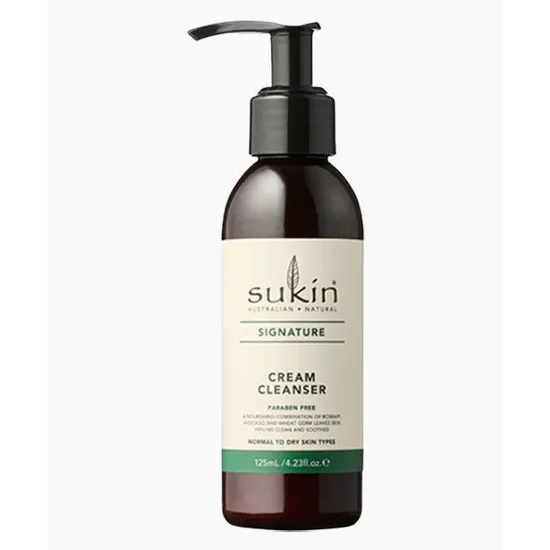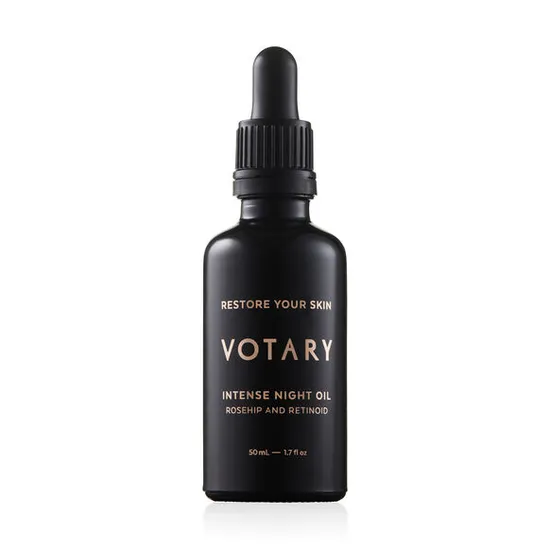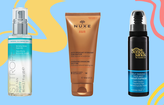
- Skin
- Peptides With Retinol
Can You Use Peptides With Retinol?
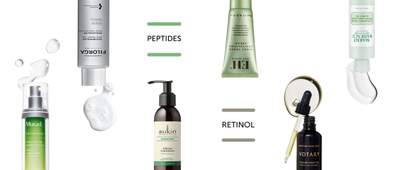
Rejuvenating and reinforcing: that is the MO of this skincare combo. Both ingredients are widely used in the beauty world; if you're curious as to what they do, how they're used and whether or not they make a good team, read on.
Can You Use Peptides With Retinol?
Yes—you absolutely can, and in fact, this combination can be incredibly beneficial for mature, dry or sensitive skin types. While retinol drives cell turnover and collagen production, peptides step in to support skin healing, elasticity and overall resilience.
Where retinol challenges the skin with intense exfoliation and renewal, peptides offer comfort, recovery, and structural support. The result? A smoother, firmer, more luminous complexion—without the excessive irritation that often comes with active use.
👉 Already know the benefits of each ingredient?
Jump To Routine
What Do Peptides Do For Skin?
Peptides are short chains of amino acids—the basic building blocks of proteins such as collagen and elastin. In skincare, they act as “messengers”, signalling the skin to repair itself, rebuild lost proteins, and stay plump and firm.
Different types of peptides serve different functions, from boosting hydration to improving barrier strength or targeting sagging. As the skin naturally loses collagen with age, peptides can help slow or reverse visible signs of ageing.
Key benefits of peptides include:
- Stimulate collagen production: Encourage skin to rebuild its structure for improved firmness
- Improve elasticity: Support the skin’s bounce and flexibility
- Soften fine lines: Help smooth the appearance of wrinkles and creases
- Strengthen skin barrier: Enhance the skin’s ability to retain moisture and fight off irritation
- Accelerate repair: Help damaged skin heal and recover more efficiently
(Source: National Library of Medicine, Elle UK)
Best for:
- Ageing or mature skin
- Skin recovering from retinoids or exfoliants
- Sensitive, barrier-compromised, or dry skin
Anyone looking to improve firmness and skin density
What Does Retinol Do For Skin?
Retinol, a vitamin A derivative, is one of the most potent anti-ageing ingredients in skincare. It works by encouraging rapid cell turnover and stimulating collagen production—helping the skin renew itself faster and more efficiently.
This makes it effective at treating fine lines, hyperpigmentation, uneven texture, acne, and dullness. But this strength often comes at a cost: dryness, peeling and sensitivity, especially in the early stages of use.
Key benefits of retinol include:
- Speeds up cell turnover: Reveals fresher skin and clears surface-level congestion
- Boosts collagen and elastin: Reduces fine lines and sagging over time
- Improves skin texture: Smooths rough patches and brightens dullness
- Fades dark spots: Helps reduce discolouration from sun damage or acne
- Minimises breakouts: Clears pores and regulates sebum production
(Source: Cleveland Clinic)
Best for:
- Acne-prone or congested skin
- Sun-damaged or ageing skin
- Normal to oily types
Can be used on dry or sensitive skin with careful support
Why Do Peptides And Retinol Work Well Together?
When paired thoughtfully, peptides and retinol can create a powerful synergy. Retinol stimulates regeneration—but can also temporarily weaken the skin barrier. That’s where peptides shine: they reinforce and rebuild, helping your skin handle the effects of retinol without excessive irritation.
Rather than clashing, these ingredients support each other:
- Retinol breaks down damaged skin and encourages turnover
- Peptides rebuild, firm, and hydrate from the inside out
Together, they:
- Improve firmness and elasticity
- Soften fine lines and wrinkles
- Reduce the harshness of retinol
- Strengthen the skin’s natural barrier over time
Comparing Peptides And Retinol Side-By-Side
| Benefit | Retinol | Peptides |
|---|---|---|
| Boosts Collagen & Elastin | ✅ Strong stimulation | ✅ Stimulates production |
| Accelerates Cell Turnover | ✅ Rapid resurfacing | ❌ Not exfoliating |
| Improves Skin Texture | ✅ Clears and smooths | ✅ Refines gradually |
| Reduces Wrinkles | ✅ Visible over time | ✅ Supports smoothing |
| Soothes Irritation | ❌ May trigger irritation | ✅ Very calming |
| Strengthens Skin Barrier | ⚠️ Can weaken initially | ✅ Reinforces and protects |
| Suitable for Sensitive Skin | ⚠️ Use cautiously | ✅ Very well tolerated |
| Hydration Support | ❌ May dry skin | ✅ Helps retain moisture |
Peptides also work well with:
- Hyaluronic acid – For added hydration and barrier repair
- Ceramides – Strengthen and rebuild compromised skin
- Niacinamide – Helps with tone and texture without conflict
- Antioxidants – To protect from environmental damage
Retinol also works well with:
- Hyaluronic acid – Counters dryness and flaking
- Peptides – Strengthens skin and calms inflammation
- Niacinamide – Soothes and reduces irritation
SPF – A must when using retinol regularly
How to apply peptides and retinol together
You can use both in the same routine—or split them across morning and night. Here are your best options:
Option 1: Use in the same evening routine
- Cleanse and gently dry skin
- Apply retinol first and allow it to absorb fully (5–10 minutes)
- Follow with a peptide serum or moisturiser
- Finish with a nourishing moisturiser or barrier cream
Option 2: Use peptides in the morning, retinol at night
- AM: peptides to support and hydrate
- PM: retinol to resurface and renew
This approach is gentler for sensitive skin, or if you’re just starting out with retinoids.
A.M.
P.M.
FAQs
How should I layer peptides and retinol in the same routine?
Apply retinol first on clean, dry skin and allow it to absorb fully—this typically takes around 5–10 minutes. Then follow with a peptide serum or moisturiser to support hydration and skin barrier repair. This sequence helps minimise irritation and ensures both ingredients work effectively.
What’s the difference between retinol and peptides?
Retinol is a vitamin A derivative that increases cell turnover and stimulates collagen production, making it effective for wrinkles, acne, and uneven skin tone. Peptides, on the other hand, are short chains of amino acids that signal the skin to rebuild collagen and elastin while supporting the barrier and reducing inflammation.
Can peptides help reduce the irritation caused by retinol?
Yes. Peptides are known for their soothing and barrier-repairing properties. When used with retinol, they can help reduce common side effects such as dryness, redness, or flaking—making it easier to incorporate retinol into a long-term routine.
Is it better to use peptides and retinol together or separately?
They can be used together in the same routine, especially in the evening. However, some prefer applying retinol at night and peptides in the morning. Both approaches are effective—it’s more about what your skin tolerates best.
Can I use peptides and retinol every night?
Peptides are gentle enough for daily use. Retinol, however, should be introduced gradually—start with 2–3 nights a week and build up to nightly use if your skin tolerates it well. The combination works best when used consistently over time.
Do I still need a moisturiser if I’m using peptides?
Yes. While peptides support hydration, they aren’t a substitute for a proper moisturiser. Always finish with a barrier-repairing cream to lock in actives and moisture.
As with many skincare actives, an efficient, concentrated way to incorporate them into routine is through serums—peptides notwithstanding. Wondering what the best peptide serums are? You can find out our top pics and how to use them with our blog 'What Does Peptide Serum Do?'. Peptides are generally well-tolerated by every skin type; retinol, on the other hand, takes some warming up to. No to fear, we've selected all The Best Retinol Alternatives for Sensitive Skin at Cosmetify.

Written by Maria Mukaranda
Maria’s background is rooted primarily in creative media and a love for all things written, expressed through experience both online and in print; for creative platforms spanning from music to fashion to beauty.
Top Posts

